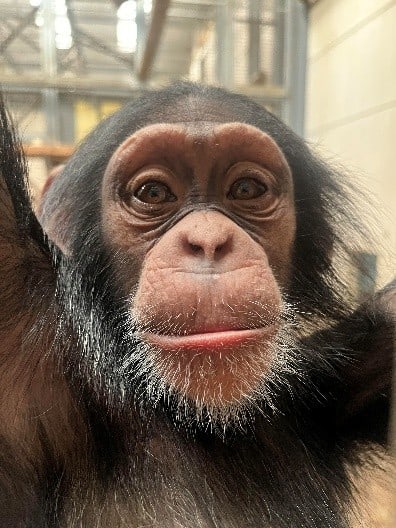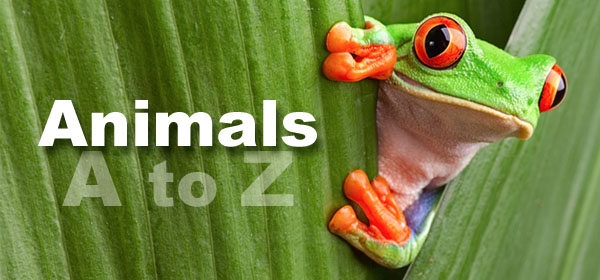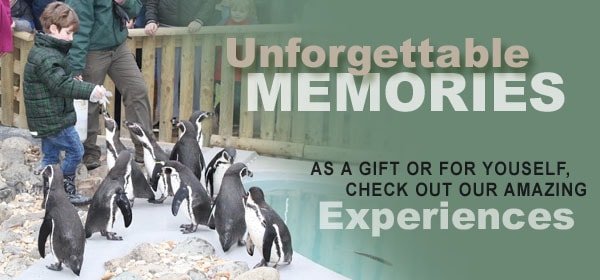As a zookeeper, you are rarely alone when working. There is almost always either another keeper with you or an animal watching your every move. Today I wanted to shine a light on how important teamwork is not only to us keepers but also in the animal kingdom too!
The primate section is a team of ten, plus a few wonderful volunteers that give up their own time to come and help us out! Not only do we share the responsibility of giving our animals the best care, we also take care of one another as well. Zookeeping is a physical, mental and emotional journey and it is important to have a strong team to get you through! I am incredibly grateful and proud to have such a strong team.
But it isn’t just humans that rely on teamwork, some animals do too!
Ants!
Shockingly, on this rare occasion I’ve decided to focus on something other than primates to start off with, but after working with ants in the past, I thought I’d share how these tiny creatures use teamwork to survive!
In over 12,000 species of ants, every single species lives in colonies that accommodate up to a million ants, consisting of a queen, female workers and males. Ants gather food and build mounds in summer in preparation for winter where they feed on stored food and “diapause”. Colonies thrive because they have well-defined roles.
Meerkats!
Meerkats are led by a dominant pair, who are the only pair able to breed. As the other adults in the group are unable to breed, they instead invest their efforts in looking after the matriarchs babies, ensuring more meerkat pups will reach adulthood. They will collectively feed pups whilst out foraging and will babysit the pups back at the den whilst the matriarch looks for food. Living in a group also means some are available to stand on sentry duty and look for predators. Once spotted, they sound an alarm call, allowing all the meerkats to escape back into their burrows.

Wolves!
A pack of wolves operate in a manner that requires each member to contribute equally towards the groups shared responsibilities. This way of life means that by cooperating equally, it alleviates the pressures on not only the leaders but on each member of the pack.
With highly-tuned and refined communication skills, wolves convey all kinds of messages to each other. Building a strong team requires wolves to pass down critical skills and knowledge from one generation to the next.
Primates!
Most primate species live together in social groups. All members contribute by helping to defend food sources, raise young, and watch for predators. One research study found that chimpanzees were able to distribute tools and then cooperate with the mutual insight needed to accomplish a shared goal.

So there we have it, teamwork most certainly makes the dream work for animals and humans!
By Holly, Deputy Head of Primates


